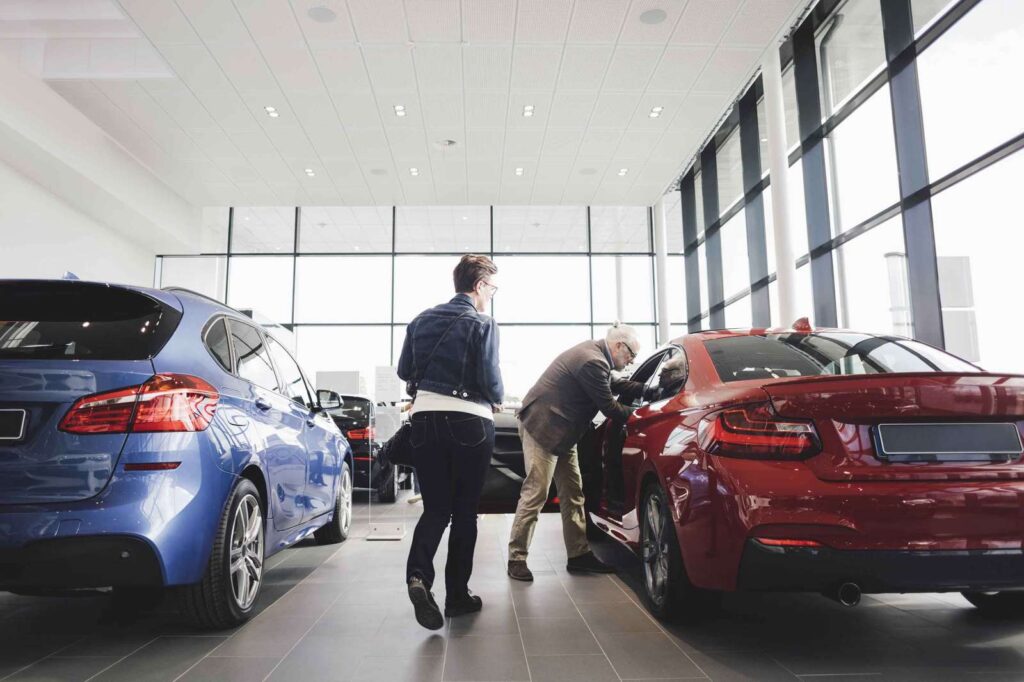
Are you preparing to buy a new car? Taking the time to check several important factors is vital to ensure you get the right vehicle for you at the best possible price. While this may feel a little overwhelming, breaking down the key considerations can make the process a simple one. Here’s what you need to know, from the essential bodywork checks to carry out to insurance considerations to think about before signing on the dotted line.
Take a Look at Safety and Reliability
Get started by undertaking some general research to get an idea of the options out there and the type or model of vehicle likely to suit you best. Take a look at consumer websites that offer lots of information on elements like pricing, features, reliability, and safety – you’ll be able to find handy tables that compare different models based on a variety of factors.
By the time you head to the dealership, you should know both the car you want to buy and the price that’s reasonable to pay to purchase it. This will put you in a great position to negotiate with confidence if required.
The Affordability Factor
Making sure the car you’re considering is affordable is one of the first things you need to check. This involves carefully checking that the relevant car loan or credit payments are tenable in terms of your household budget and looking at things like anticipated fuel costs. The amount you’ll pay for car insurance also needs thought. It’s a good idea to get as many car insurance quotes as possible to make sure you get both the best package and the best price for your money.
When working out affordability, don’t forget to factor in things like maintenance costs and depreciation (if relevant) so you get the fullest picture possible of the financial burden that buying the vehicle will entail.
Performance and Handling
Once you’ve made sure you can actually afford the new car you’re considering, it’s vital to take it out for a test drive before signing on the dotted line. As well as checking out the vehicle’s performance and handling, a test drive enables you to assess the car’s comfort levels. In short, you can make sure it suits you. Aim to be in the driver’s seat for at least ten to fifteen minutes to get an idea of how comfortable you’ll feel on an extended drive.
Is a Better Price Available Elsewhere?
It can be easy to get caught up in the excitement of finding your perfect new car at what seems to be a good price and end up signing a contract on the spot. Just take a breath, though, and consider whether you could save money by buying elsewhere. It’s worth taking a quick look at other dealerships to find out whether they’re offering incentives or deals on the same model of car. Low-interest financing or cashback deals may be on the table at dealerships that are looking to shift stock – either of which could put a significant amount of cash back into your pocket.
Check for Damage
If you’re buying a used car, it’s very important to inspect the vehicle for potential damage or other issues. Bear in mind the floodlights on a forecourt can hide flaws by increasing the appearance of ‘shine’ on the bodywork, so if possible, check the car’s condition in natural daylight and on a dry day.
Start by checking the panels carefully before moving on to the roof. Look for scratches, dents, rust, misaligned panels, or large gaps, and make sure that the paint color and finish are the same on each panel. Have a look for rust on the body of the vehicle, wheel wells, the bottoms of the doors, and panels beneath the doors.
As part of your inspection, also check the windows, suspension, lights, lenses, and tires, and pay careful attention to the interior. Try out the pedals, instruments, controls, and sound system to get a complete picture of the car’s overall condition.
Finding Your Perfect Car – Without Getting Taken for a Ride
When it comes to buying a new car, preparation is key to getting the right vehicle at the right price. Carefully researching the vehicle type and model (and its capabilities and features) before heading to the forecourt is vital. It’s also important to consider the affordability factor, including car insurance, check for damage or other issues, and make sure that you’re getting the best price.
And, of course, taking the car out for a test drive will give you an idea not just about the vehicle’s level of performance and handling but the comfort level it offers. Once you’re satisfied with these scores? Then, you’re ready to sign on that dotted line and enjoy your new ride!